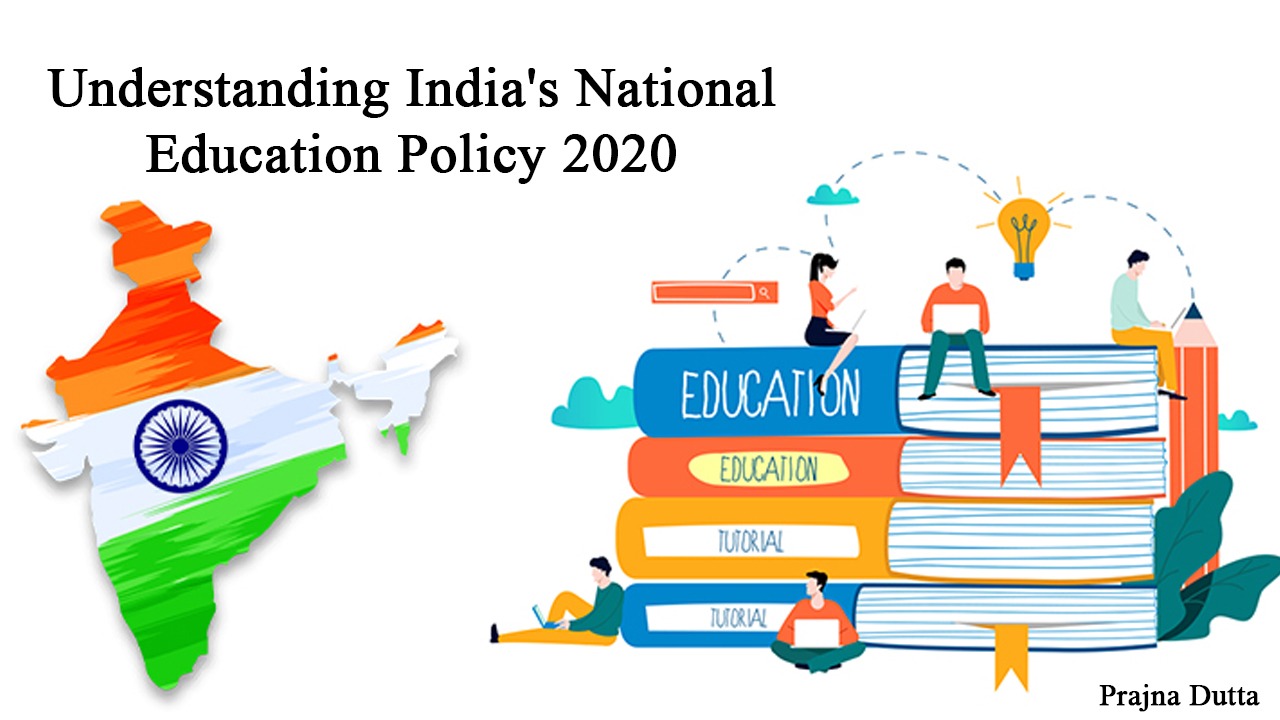Introduction
In July 2020, the Government of India announced the National Education Policy (NEP) 2020, marking a significant overhaul of the country's education system. The policy aims to transform India's education landscape to meet the demands of the 21st century, emphasizing holistic development, critical thinking, and skill-based learning. NEP 2020 replaces the 34-year-old National Policy on Education, 1986, and sets ambitious goals for the development of education in India from the early years to higher education.
Key Highlights of NEP 2020
1. Early Childhood Care and Education: NEP 2020 emphasizes the importance of early childhood care and education, aiming to provide universal access to high-quality early childhood education for all children aged 3-6 years by 2025.
2. Foundational Literacy and Numeracy: The policy focuses on ensuring that every child achieves foundational literacy and numeracy by the end of Grade 3. It outlines specific strategies and interventions to achieve this critical milestone in a child's learning journey.
3. Reimagining School Education: NEP 2020 envisions a new school structure, with a 5+3+3+4 curricular and pedagogical structure, replacing the existing 10+2 system. This restructured system aims to provide a more holistic and multidisciplinary education, integrating vocational education from the early years.
4. Multilingualism and the Three-Language Formula: The policy advocates for the promotion of multilingualism and the implementation of a three-language formula, wherein students will learn three languages, with an emphasis on promoting proficiency in regional languages while also ensuring the importance of learning Hindi and English.
5. Assessment Reforms: NEP 2020 proposes a shift from rote learning to competency-based learning, with a focus on formative and summative assessments that will be comprehensive and holistic, aiming to promote critical thinking and conceptual understanding.
6. Higher Education Reforms: The policy outlines several key reforms in higher education, including the establishment of a single overarching higher education regulator, the promotion of multidisciplinary education, and the integration of vocational education into mainstream education.
7. Gross Enrollment Ratio (GER) in Higher Education: NEP 2020 aims to increase the Gross Enrollment Ratio in higher education to at least 50% by 2035, with a specific focus on expanding access to higher education for underprivileged and marginalized communities.
Impact and Challenges
The implementation of NEP 2020 is expected to have a transformative impact on the education system in India. By emphasizing foundational learning, skill development, and holistic education, the policy aims to equip students with the knowledge and skills needed to thrive in the 21st century.
However, the successful implementation of NEP 2020 will require significant efforts and investments. Challenges such as infrastructure development, teacher training, curriculum reform, and ensuring equitable access to education across different regions and socio-economic groups will need to be addressed effectively.
Furthermore, effective collaboration and coordination between the central and state governments, as well as with various stakeholders including educators, administrators, and communities, will be crucial for the successful execution of the policy.
Conclusion
The National Education Policy 2020 represents a landmark initiative aimed at revitalizing India's education system. By focusing on foundational learning, holistic development, and the integration of modern pedagogical practices, the policy seeks to empower the youth of India to meet the challenges of the 21st century. The emphasis on early childhood education, the reimagining of school education, and the reforms in higher education signal a comprehensive approach to address the diverse educational needs of the country.
Moreover, the policy's focus on promoting critical thinking, creativity, and experiential learning aligns with the demands of a rapidly evolving global economy, where adaptability and innovation are highly valued. By fostering a more flexible and multidisciplinary approach to education, NEP 2020 aspires to produce graduates who are not only academically proficient but also possess the practical skills and entrepreneurial mindset necessary for success in the modern world.
The policy also underscores the importance of leveraging technology in education, promoting digital literacy, and integrating e-learning resources to enhance the quality and reach of education across the country, especially in remote and underserved areas.
As NEP 2020 is gradually implemented across India, it will be essential to monitor its progress, address implementation challenges, and ensure that the policy's vision translates into tangible improvements in the education system. Moreover, continuous stakeholder engagement, including feedback from educators, students, and parents, will be crucial for refining the policy's execution and making necessary adjustments along the way.
In conclusion, the National Education Policy 2020 represents a significant stride towards reinvigorating India's education system and preparing the youth for the challenges and opportunities of the future. While the successful implementation of the policy will require concerted efforts and sustained commitment, its potential to shape a more inclusive, innovative, and globally competitive education landscape for India is immense. As the country moves forward with the implementation of NEP 2020, it is poised to set a new benchmark for educational reform and contribute to the holistic development of its citizens, thereby fostering a brighter future for generations to come.

Comments